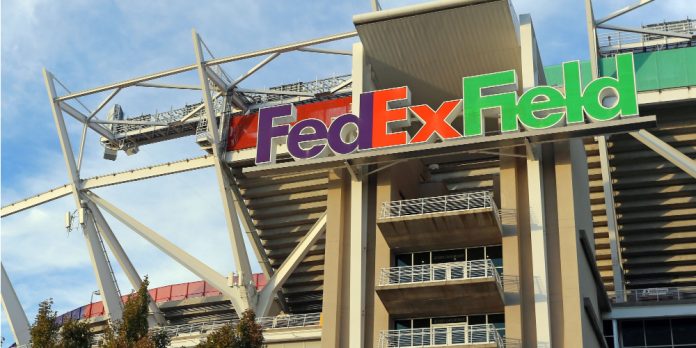Rather than operating purely for profitable purposes, industry executives have indicated that a key driver for holding an in-arena sportsbook is the brand exposure and marketing opportunities that it offers.
According to Todd Sims, VP of Sales for the Americas at SuzoHapp, in-arena sportsbooks give operators a prime opportunity to turn regular sports fans into active sports bettors by having a boots-on-the-ground approach within a sports stadium.
Speaking on a panel titled: “In-arena Sportsbook: the driver of omnichannel?” at the recent SBC Summit North America, Sims outlined that leveraging the excitement of being at a sports arena is a “golden ticket” for customer acquisition.
He said: “It’s a perfect opportunity to capture new sports fans and turn them into a sports bettor. There’s no better time than when you go into an arena when you have all the excitement.
“It might be your first time going to a sporting event and that’s a golden opportunity to capture a new customer.”
Whilst they provide great exposure for operators to market themselves to new bettors, in-arena sportsbooks come with significant costs, estimated to be in the millions to set up.
Yet David Grolman, SVP, Chief Retail Sportsbook Officer at Caesars Digital, noted that from a brand exposure perspective, retail books within sporting stadia are optimal. When asked by the moderator, Sportico’s Eben Novy-Williams, Grolman agreed that in-arena books are another marketing tool like TV ads or partnerships.
He also outlined the significant costs associated with opening up a retail book inside a stadium.
“From a branding standpoint, they’re fantastic. But when you look at the costs, you have to look at the entire product. You have to layer it into the mobile app and they’re expensive to build because you’re trying to build a small casino in a building that was not designed to be a casino.
“I don’t think people really thought through that, you need a cage, security, and surveillance and all this stuff that’s already built into a casino and we’re building it into a building that was not designed for that.”
It wasn’t just the operators who gave their perspective on the in-arena sportsbook; Scott Warfield, the VP of Gaming at PGA Tour, noted that the DraftKings Sportsbook opened at TPC Scottsdale has offered a whole new revenue source for the course and made it even more of a visitor destination all year round.
He remarked: “The benefit we have is that our arena is a public golf course and 90,000 rounds a year are played at TPC Scottsdale.
“The WM Phoenix Open is our most well-attended event, it’s unlike anything else and People call it the People’s Open, so it is the perfect fit for something like this. It doesn’t mean that you’re going to wake up and see a sportsbook at every PGA Tour event.
“But certainly the WM Open, a public course, 90,000 rounds, to be able to put a DraftKings Sportsbook in between the two championship golf courses, I think it’s going to end up being a global golf destination.”
However, one destination group that is almost certainly not going to open ni-arena sportsbooks, according to the panel, is college arenas. College sports has been hit with a sports betting scandal in the last few months, with staff losing their jobs in Ohio and Alabama, and up to 50 players suspended in Iowa due to sports betting infractions.
Bryan Bennett, COO of Betfred USA, explained that it is incredibly unlikely that colleges will host sportsbooks due to a range of factors.
Bennett explained: “I don’t see colleges getting licenses. Obviously, you can only open a book where you are allowed to and where there’s a license. Realistically it’d be really hard to ever see a college getting a license to be able to run a retail gambling facility.”
Despite the challenges associated with in-arena sportsbooks, there are opportunities, given that operators have a physical connection to the customer and get to offer a more interactive experience in a face-to-face environment.
Deb Krupinski, VP of Commercial at OpenBet, noted that in-arena sportsbooks can often be more efficient setups leading to increased margins.
Krupinski suggested: “There’s an opportunity to make this experience a little more efficient and thoughtful from a player perspective.
“(They could be) building something on their phone and then go and scan it so that they’re not at the kiosk. They can be playing multiple bets, pre-built parlays which I think also help make it a more efficient experience and drive higher margins.”














